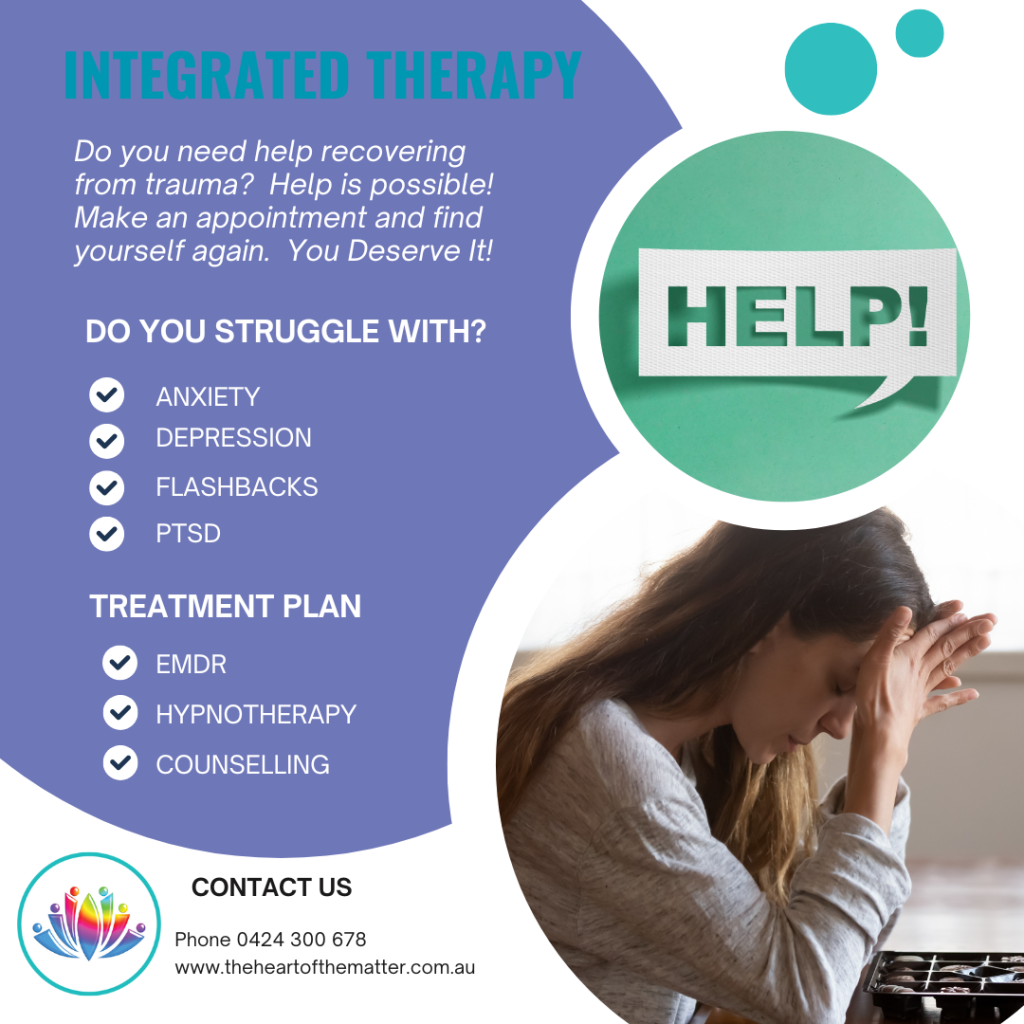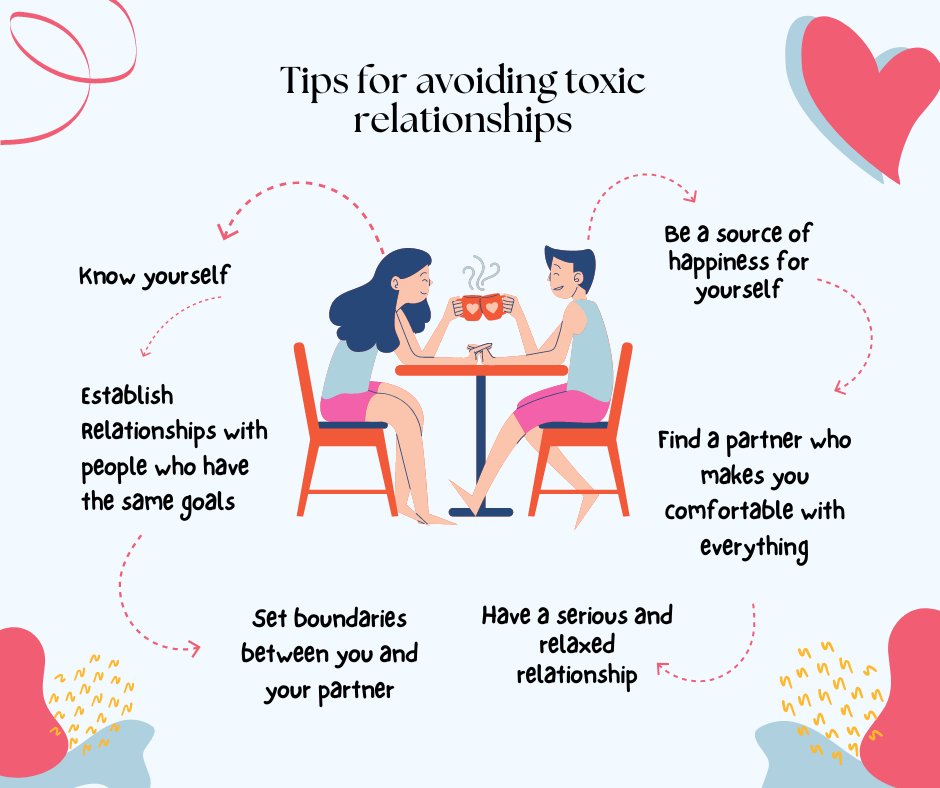Healing From Abuse & Trauma
Recovery from an abusive relationship isn’t easy. That old saying that time heals all wounds is not true. The trauma from experiences of abuse can live on within the person for years after the actual abuse has stopped.
When a person has experienced abuse they came become a fragmented. They find it difficult to function without feeling fearful.
The emotional effects of abuse can be profound and long-lasting, impacting various aspects of a person’s life. Abuse, whether it’s physical, emotional, psychological, or sexual, can shatter one’s sense of safety, trust, and self-worth.
The aftermath of abuse can lead to a range of emotional symptoms:
- Anxiety and Fear: Do you often experience heightened anxiety and fear. Do you struggle with generalized anxiety disorder, panic disorder, or post-traumatic stress disorder (PTSD). Flashbacks, nightmares, and constant worry can make it challenging to function normally.
- Depression: Do you experience feelings of sadness, hopelessness, and despair. The trauma can disrupt the brain’s chemical balance, contributing to the development of clinical depression.
- Low Self-Esteem and Self-Worth: Do you have low self-esteem and self-worth, do you often feel worthless and undeserving of love and respect. This can lead to difficulties in forming healthy relationships and setting boundaries.
- Guilt and Shame: Do you experience intense feelings of guilt and shame, even though the abuse was not their fault. Are these emotions overwhelming and preventing you from seeking help or speaking out about their experiences.
- Trust Issues: Has your abuser severely damaged your ability to trust others, including friends, family, and even yourself. This can lead to social isolation and difficulty in forming meaningful connections.
- Anger and Irritability: Do you suffer from rage, or experience outbursts of anger and irritability as a result of your traumatic experiences. This can strain relationships and make it hard to regulate emotions.
- Emotional Numbness: Do your often feel dissociate from your body and emotions. This emotional numbness can hinder their ability to engage with life fully and build intimate relationships.
It doesn’t matter if your trauma began in childhood or as an adult, living with the aftermath of trauma can be extremely difficult.

WHAT THERAPY CAN DO TO HELP RECOVERY!
Therapy is a crucial step towards overcoming trauma and help a person reclaim their life after abuse.
As an integrated therapist I use various techniques to help you over come your symptoms and help you find your power again.
It’s important to understand that healing is a process, but my integrated therapy includes an evidence approach to help you navigate your journey towards emotional recovery.
Some of the Techniques Include:
Hypnotherapy can help you to heal the inner critic and empower you to see yourself as more than just victims of abuse.
With integrated therapy recovery is absolutely possible. Taking back your power is important and recognizing your worth is often the first step towards recovery.
If you or anyone you know is stuck in the abuse cycle, or struggling with PTSD or low self worth I am here to help
Specializing in Abuse recovery – Let me help you find your safe place inside, let go of the past and move forward so you can live your best life.
Text Donna today on 0424300678 to make a booking
Learning to take care of you, learning to love yourself and build healthy relationships is possible.


Conditions do apply – call today to see you if I am able to work with you.
Hypnotherapy can help you to heal the inner critic and empower you to see yourself as more than just victims of abuse.
I can help by providing a safe space for you to work through your trauma, express your emotions, and develop coping strategies to live a better life.
With integrated therapy recovery is absolutely possible. Taking back your power is important and recognizing your worth is often the first step towards recovery.






